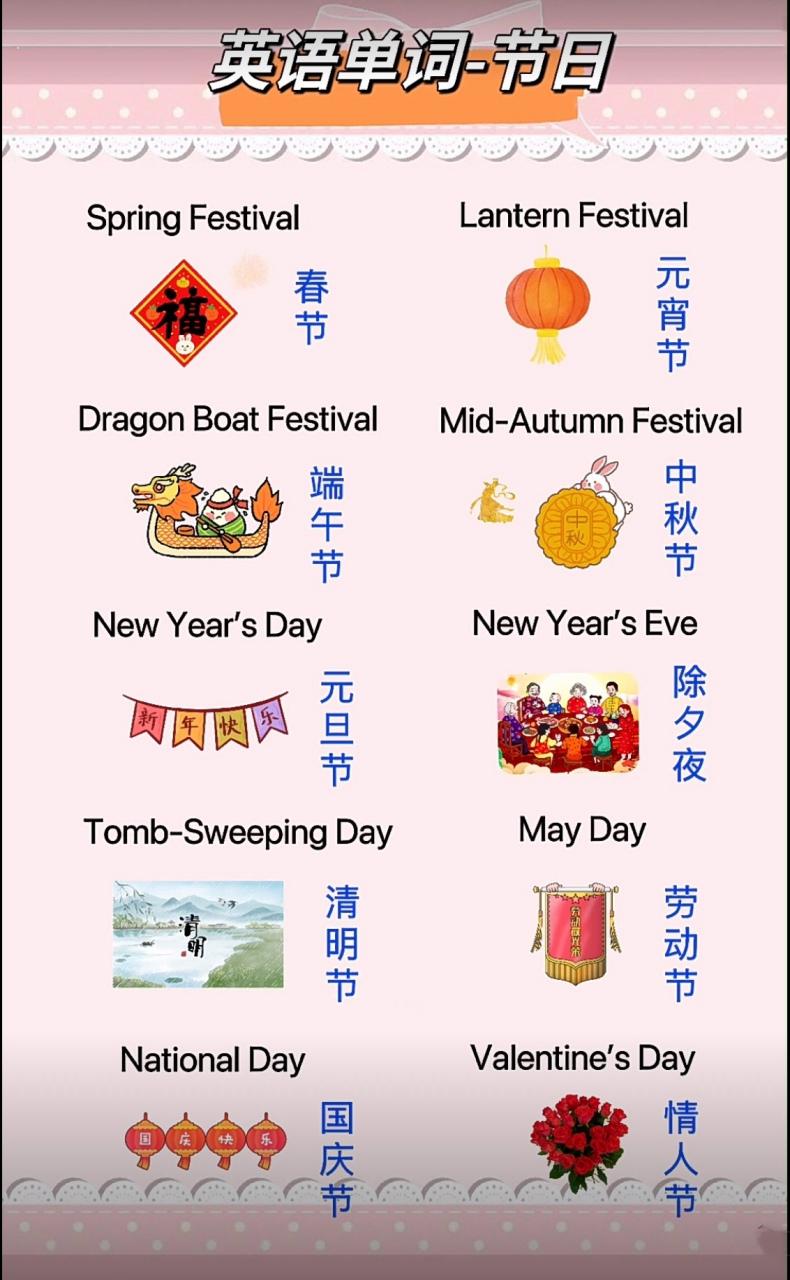Festivals are an integral part of human culture, serving as vibrant threads that weave together the fabric of our communities and societies. They are moments when people come together to celebrate a wide range of things, from religious beliefs and historical events to seasonal changes and personal milestones. These occasions are not only a time for joy and revelry but also hold deep meanings and traditions that have been passed down through generations.

The Diversity of Festivals
The world is a tapestry of diverse cultures, and each culture boasts its own unique festivals. Take, for example, the Lunar New Year, which is celebrated in many Asian countries with great enthusiasm. This festival marks the beginning of a new year according to the lunar calendar and is a time for family reunions, feasting, and various traditional customs such as setting off fireworks, giving red envelopes filled with money (as a symbol of good luck), and performing dragon and lion dances. The colors red and gold dominate the decorations, symbolizing prosperity and good fortune.
In contrast, Christmas is a widely celebrated Christian festival around the world on December 25th. It commemorates the birth of Jesus Christ and has become a global cultural phenomenon. Christmas trees adorned with lights, ornaments, and tinsel are a common sight, along with nativity scenes depicting the birth of Jesus. People exchange gifts, sing carols, and prepare festive meals. Santa Claus, a jolly figure who delivers presents to children, is a beloved icon associated with this holiday.
Then there's Diwali, the Hindu festival of lights, which signifies the victory of light over darkness and good over evil. During Diwali, homes are illuminated with oil lamps and candles, fireworks light up the sky, and people wear new clothes. Sweets and snacks are prepared in abundance, and people visit temples to offer prayers. The festival fosters a sense of community and togetherness as families and friends come together to celebrate.
The Significance of Festivals
Beyond the surface-level fun and excitement, festivals hold profound significance. They provide an opportunity for people to connect with their roots and heritage. Through participating in traditional rituals and customs, individuals can feel a sense of belonging and identity. For example, during Thanksgiving in the United States, families gather around the table to give thanks for the blessings they have received. This practice dates back to the 17th century when the Pilgrims gave thanks for a successful harvest after a challenging first year in the New World. It is a time to reflect on the past, appreciate the present, and look forward to the future.
Festivals also play a crucial role in promoting social cohesion. In times of celebration, differences are set aside, and people from all walks of life come together to share in the joy. This helps to break down barriers and foster understanding among different groups. For instance, the Harvest Festival in rural communities brings together farmers, neighbors, and even tourists to celebrate the bountiful yield of crops. It is a time when everyone can appreciate the hard work and efforts put into agriculture and enjoy the fruits of the land.
Moreover, festivals often serve as a platform for artistic expression. From music and dance performances to elaborate costumes and decorations, festivals showcase the creativity and talent of individuals and communities. The Rio de Janeiro Carnival in Brazil is a prime example, where samba dancers, floats, and street parties transform the city into a vibrant spectacle of color and sound. This not only entertains but also preserves and promotes Brazilian culture to the rest of the world.
The Evolution of Festivals
While many traditional festivals have remained relatively unchanged over time, others have evolved to adapt to modern contexts. With the advancement of technology and the spread of globalization, some festivals have incorporated new elements while still retaining their core essence. For example, Halloween, originally a Celtic festival marking the end of the harvest season and the beginning of winter, has transformed into a night of costume parties, trick-or-treating, and haunted house attractions. The use of digital media and online platforms has also added a new dimension to festival celebrations, allowing people to share their experiences and connect with others even if they are physically apart.
However, it is important to note that the commercialization of festivals can sometimes dilute their true meaning. The pressure to conform to certain trends or consumer expectations can overshadow the original cultural and spiritual significance. Nevertheless, at the heart of most festivals lies a desire to celebrate life, express gratitude, and strengthen bonds between people.
Conclusion
Festivals are more than just dates on the calendar; they are living expressions of our humanity. They enrich our lives by providing opportunities for joy, reflection, connection, and cultural preservation. Whether it's a grand international celebration or a small local tradition, each festival has its own unique charm and story. As we continue to navigate the complexities of the modern world, let us cherish these moments of celebration and remember the importance of maintaining the authenticity and spirit of our festivals so that they can continue to inspire and bring people together for generations to come.
